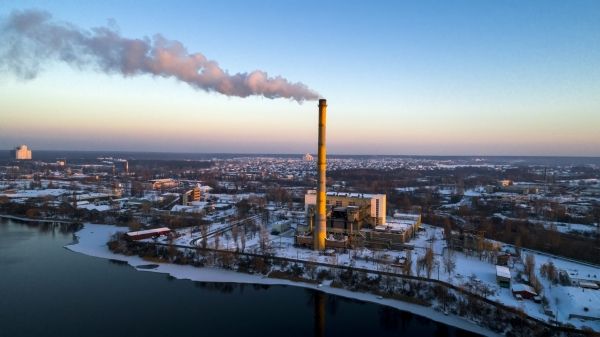In a new study, Texas A&M University School of Public Health student researcher Kaitlyn Hooks, together with researchers from the School of Public Health and the University of Delaware, investigated the potential health and quality of life effects caused by changes to the types of waste being incinerated at a waste-to-energy facility in Chester, Pennsylvania.
The study, published in the journal Human Ecology, used surveys of residents in Chester, an environmental justice community southeast of Philadelphia, to measure knowledge and awareness of the incinerator, perceived air quality changes over a six-month period and self-reported mental and physical health, as well as demographic factors such as gender, race, education, age and employment status. Environmental justice communities are towns and neighborhoods that face a disproportionate level of environmental hazards. These hazards take the form of oil refineries, factories or facilities for disposing of municipal solid waste, like landfills and incinerators.
Two groups of a total 181 households — one less than three miles from the incenerator, and one beteween three and six miles away — were surveyed in June and July of 2019. The Texas A&M researchers found that people living closer to the incinerator reported slightly lower mental health scores, and their physical health scores were significantly below the national average.
Continue reading at Texas A&M University
Image via Texas A&M University


